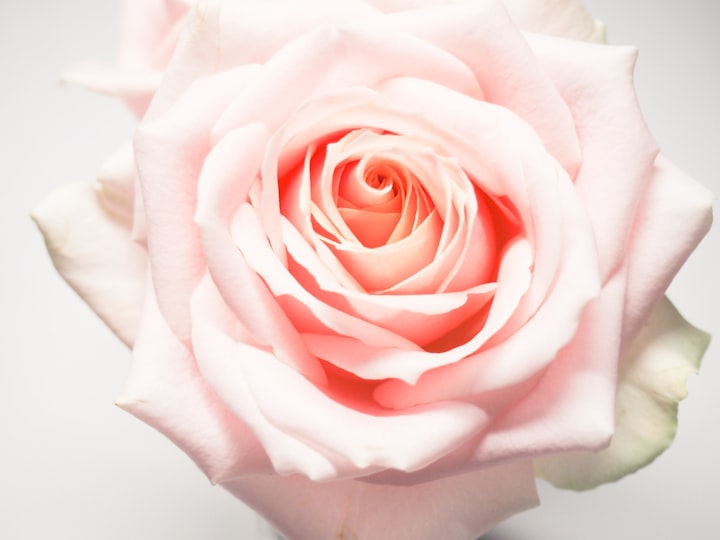Double Acrostic
A Poetic Riddle for Those Who Like a Challenge

Some years ago, a friend gifted me a collection of poems by Lewis Carroll. Within that book, there was a large section dedicated to some of the man's many riddles. One such type of riddle is known as the Double Acrostic, and it is one of the most difficult types of riddles to solve, usually requiring teams of four or five, or else extreme dedication by focused individuals. After discovering the Double Acrostic, I took to writing my own, and would like to share one with you now.
Before that though, here is how a Double Acrostic works:
1. There are two main words you are trying to guess, which we will refer to as Word A and Word B.
2. These two words are described, respectively, in the first two stanzas of the poem, after which follows a line separating them from the remainder of the poem.
3. All stanzas following the line describe sub-words, which, when guessed and lined up chronologically, will spell out Word A with their beginning letters, and Word B with their ending letters (which means that both Word A and Word B will have the same number of letters, equaling the number of sub-stanzas).
4. For Questions or Hints, please email [email protected]
Does that make sense? Good! Then here is the Double Acrostic:
-
When all in mind seems dark
A flash of light, a bulb can fast appear
To cause the pen or brush to move
These moments, when the way is clear
-
And who can make such things occur
But one with knowledge none outmatched
From whom a lesser being calls
His own vain wisdom, greedily snatched
____________________________________________________
He called to me and said
Why do your thoughts maintain that saddest hue
That skies and water faintly catch
But cannot hope to true imbue
-
And I replied “Your son am I!
Could you show men how great am I?”
He spake “I will not give such slant
To any relative of mine.”
-
“For you are not like one I called
The rock or gates of my own land
I gave him much tis true, but ye
Shall do this all by your own hand.”
-
So I gave time, in greatest length
My thoughts an infinite number
And round and round, like circles go
Could it get any number?
-
“Could you teach me?” I did ask
And he told me “Of course”
Though in this job you shan’t be paid
You shouldn’t be off worse.
-
It was quite cheesy, I confess
Like hard and salty brine
I felt a goat or else a sheep
Was anything quite mine?
-
But still I work to make myself
I write I paint I dance
I give my canvas to the world
I take un-lucrative chance
-
But I was dirty, so unclean
And so I called “Come saint”
And he did dunk me in a potion
Strong enough to bite through paint.
-
And then thus clean, my work began
To take a value all its own
Demand for it made people pay
So dearly for all I had grown.
-
I knew the reason for this was
My work was natural and good
Like produce come untainted from
The farms that ship the cleanest food
-
And when I was triumphant thus
My teacher came and bowed his head.
“I bow to the spirit in you”
And I returned these words he said.
-
(SCROLL DOWN FOR SOLUTION)
-
Sub-words in Order: Indigo, Nepotism, Simon, Pi, Internship, Romano, Artist, Turpentine, Inflation, Organic, Namaste
Word A: Inspiration
Word B: Omnipotence





Comments
There are no comments for this story
Be the first to respond and start the conversation.